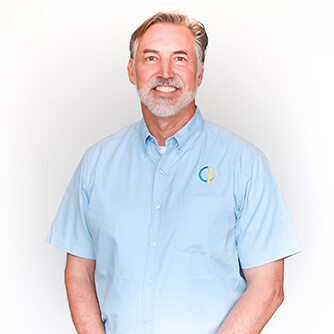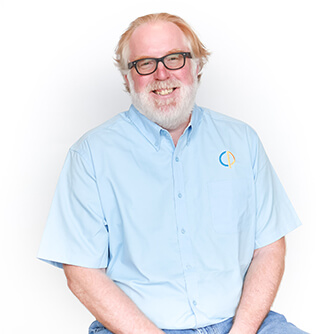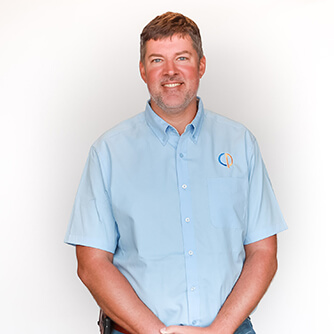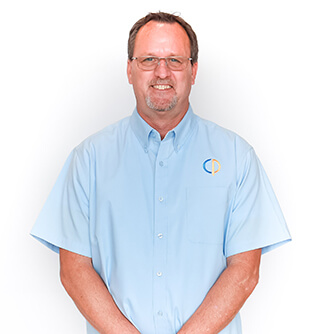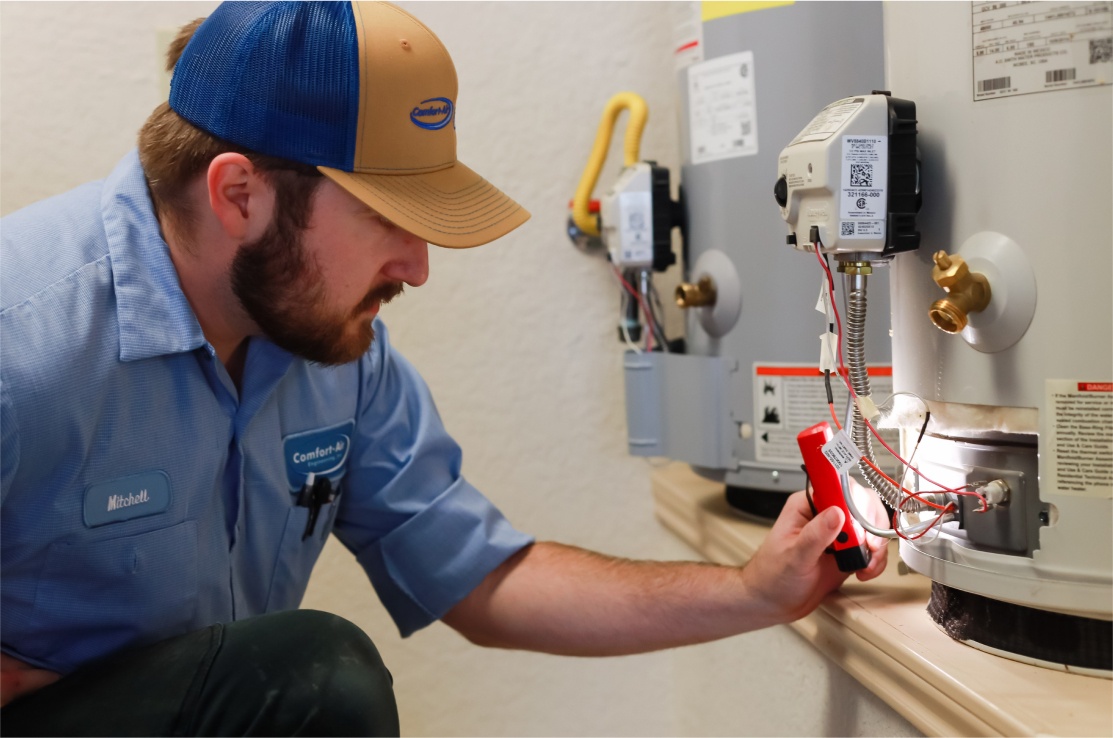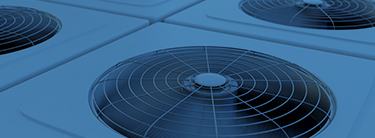
Preventing Fall Allergies With Proper HVAC Filters
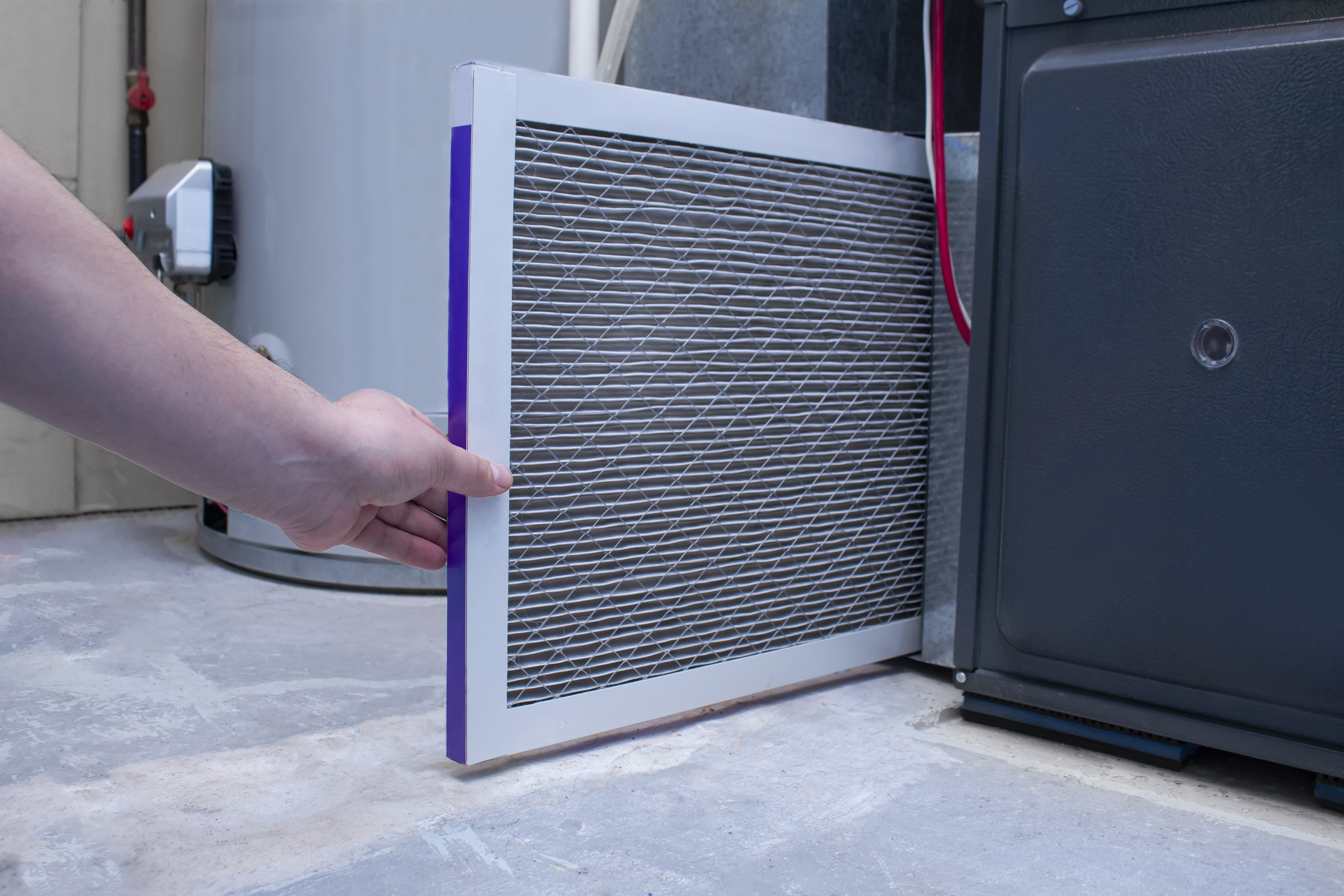
As the autumn air settles in Texas, local families may start to notice an increase in allergy symptoms. Sneezing, itchy eyes, and nasal congestion can quickly become a nuisance, causing allergy sufferers to seek ways to minimize the effects of fall weather. Fortunately, a well-maintained HVAC system with the right filters can help reduce allergens in your home, helping you breathe easier.
The indoor air quality specialists at Comfort-Air Engineering & Primo Plumbing, Inc. explain how using the proper HVAC filters and investing in routine maintenance can help minimize your allergy symptoms this season.
How HVAC Filters Help Reduce Allergens
Your HVAC system is vital for maintaining good indoor air quality by filtering out airborne particles and allergens. Ragweed, oak and elm tree pollen, sagebrush, and tumbleweeds are just some of the allergens common in San Marcos that can get into your home’s air.
With the right HVAC filter, these allergens are trapped before they can reach your living space, significantly relieving allergy symptoms during the fall.
Types of HVAC Filters for Allergy Prevention
Choosing the correct HVAC filter is key to preventing fall allergies. Different filters come with varying capabilities, and understanding these differences can help you make an informed decision. One of the primary factors to consider when choosing a filter is its MERV rating, which measures its ability to capture airborne particles of different sizes.
For homeowners dealing with allergies, filters with MERV ratings between 8 and 13 are recommended, as these are better able to capture smaller allergens like dust mites, pollen, and pet dander.
Some examples of HVAC filters ideal for allergy prevention include:
HEPA Filters
HEPA filters are considered the gold standard for capturing airborne particles. HEPA filters trap 99.97% of particles as small as 0.3 microns and are extremely effective against common allergens like dust, pollen, and mold spores.
Electrostatic Filters
Electrostatic filters use a static charge to attract and trap airborne particles. They’re washable and reusable, making them an eco-friendly option. These filters are also highly effective at capturing small particles like dust and pollen, helping reduce allergy symptoms during the fall season.
Activated Carbon Filters
Activated carbon filters are often used in conjunction with other types of HVAC filters to enhance indoor air quality. These filters are embedded with charcoal, which helps trap odors, chemicals, and volatile organic compounds.
Choosing the Right HVAC Filter for Fall Allergies
When choosing the right HVAC filter for your needs, consider the severity of your allergy symptoms in relation to the filter’s MERV rating. A higher MERV-rated filter or a combination of HEPA and activated carbon filters may benefit those with severe allergies.
However, it’s important to ensure your HVAC system can handle higher-efficiency filters without compromising airflow. Consulting with a professional HVAC technician can help you balance filtration efficiency and system performance.
How Often Should You Change HVAC Filters?
Regularly changing your HVAC filters is crucial for maintaining optimal indoor air quality. During the fall, when allergens like ragweed and mold spores are prevalent, changing your filters once every one to two months is recommended. If you use higher-efficiency filters or live in an area with heavy pollen, more frequent changes may be necessary to ensure optimal system performance.
Choose Comfort-Air Engineering for HVAC & Air Quality Services
Preventing fall allergies is all about taking proactive steps to improve your indoor air quality. With the right HVAC filter and regular maintenance, you can reduce allergens and create a healthier living environment. At Comfort-Air Engineering, our team is proud to offer heating tune-ups and indoor air quality solutions like air filters and whole-home air purifiers to help minimize allergy symptoms all year.
Schedule HVAC maintenance or indoor air quality services in San Marcos by calling Comfort-Air Engineering today.

